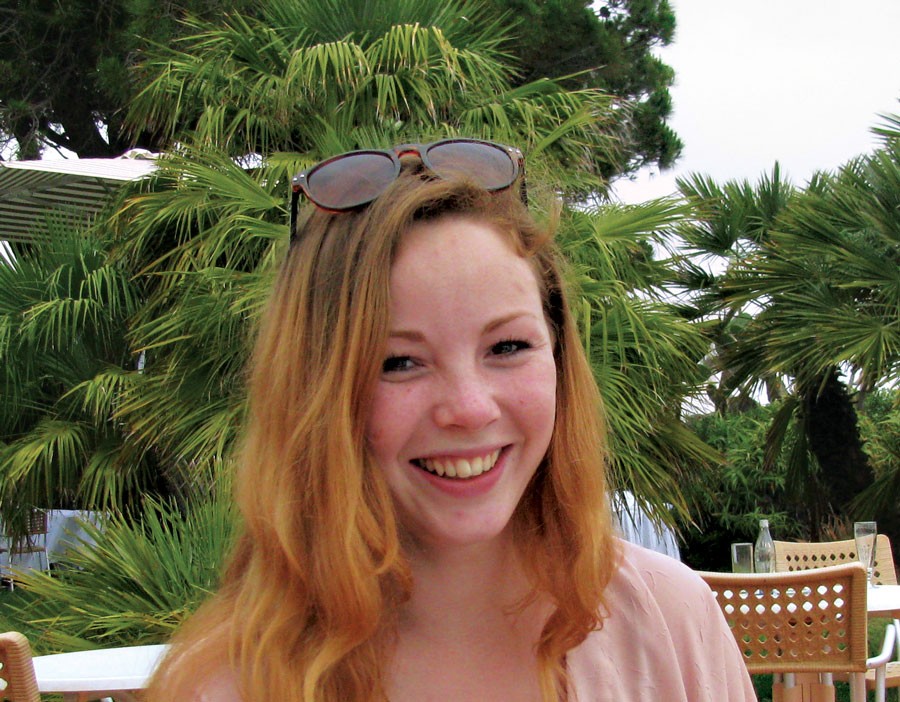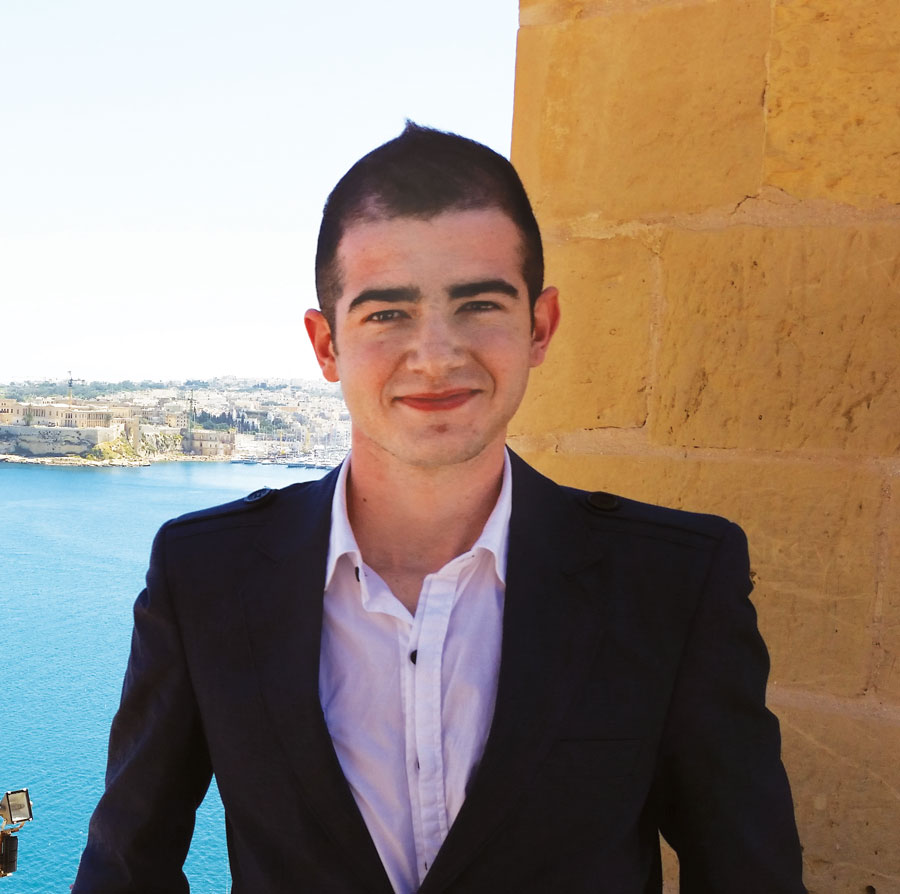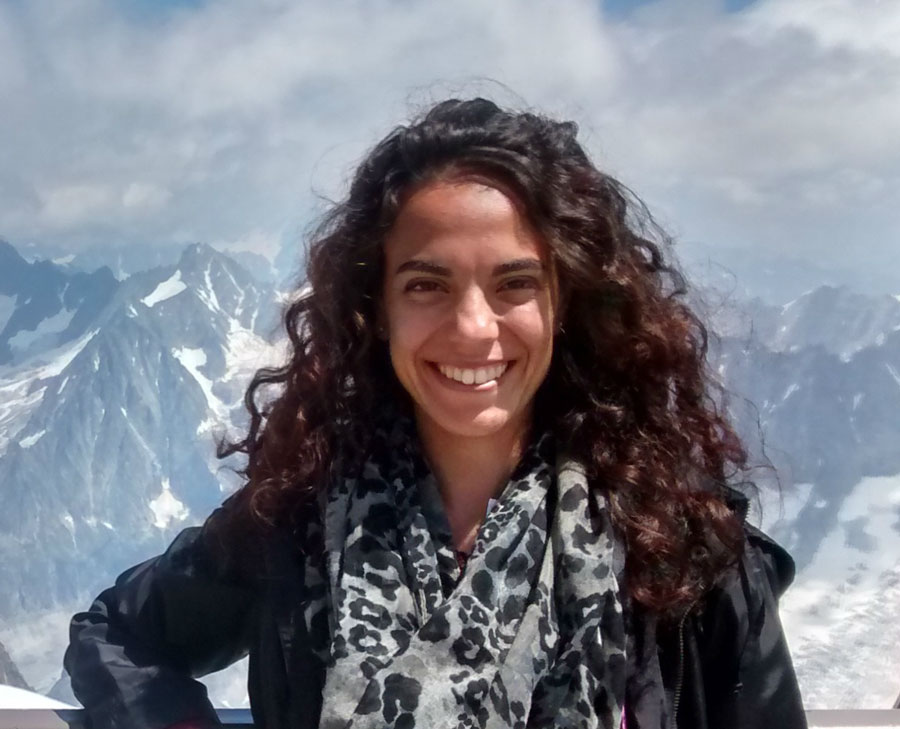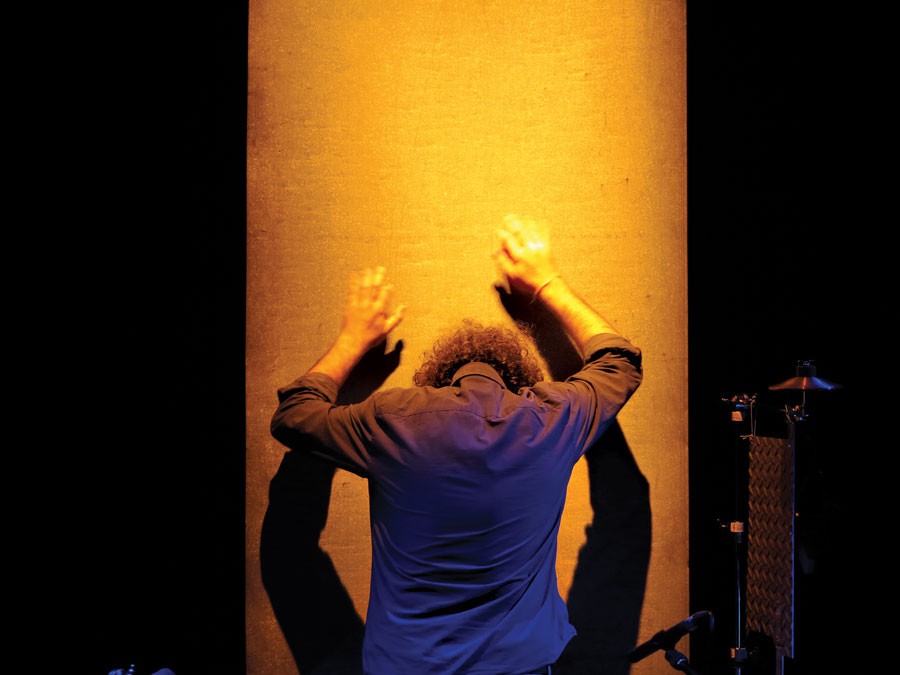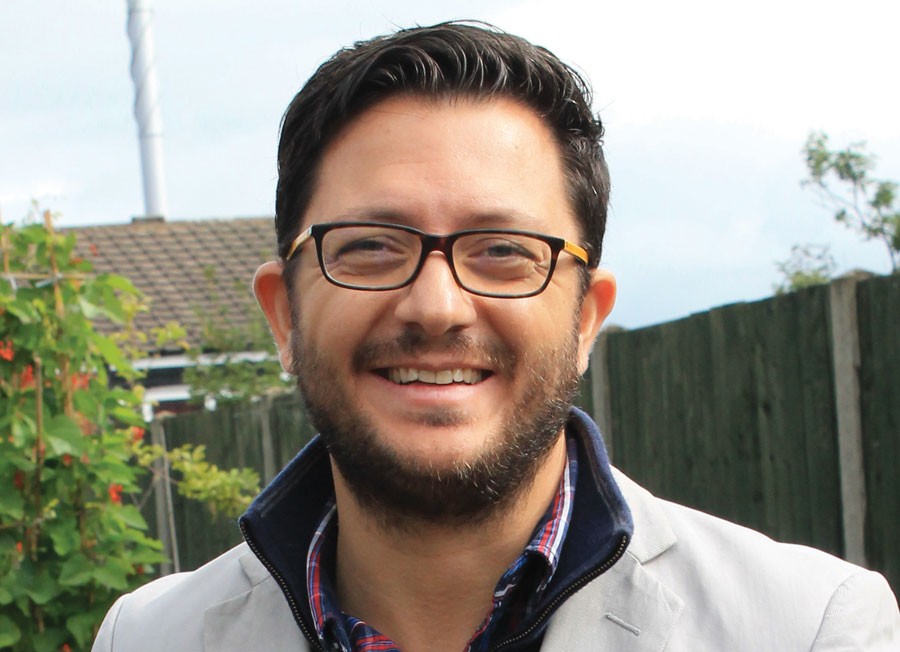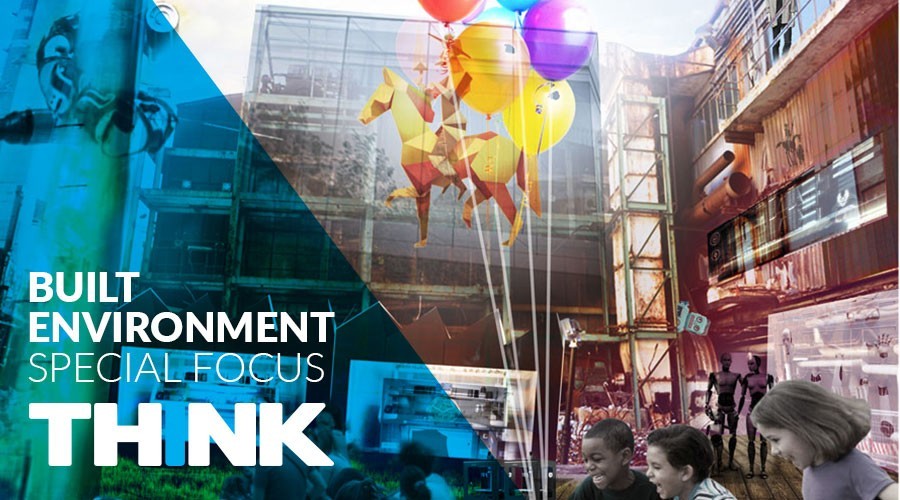By Caitlin Davies
Every day in Malta, one person will die from a smoking-related illness. People usually begin smoking tobacco in their adolescence and addiction quickly follows. Quitting is hard and the majority are unsuccessful. Nicotine, with its crippling withdrawal symptoms, is to blame. Research suggests this component of tobacco can be more addictive than heroin. Smokers say that nicotine is pleasurable and enables them to concentrate and reduce their anxiety. Scientists think the opposite.Continue reading

